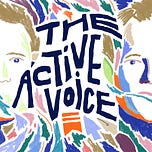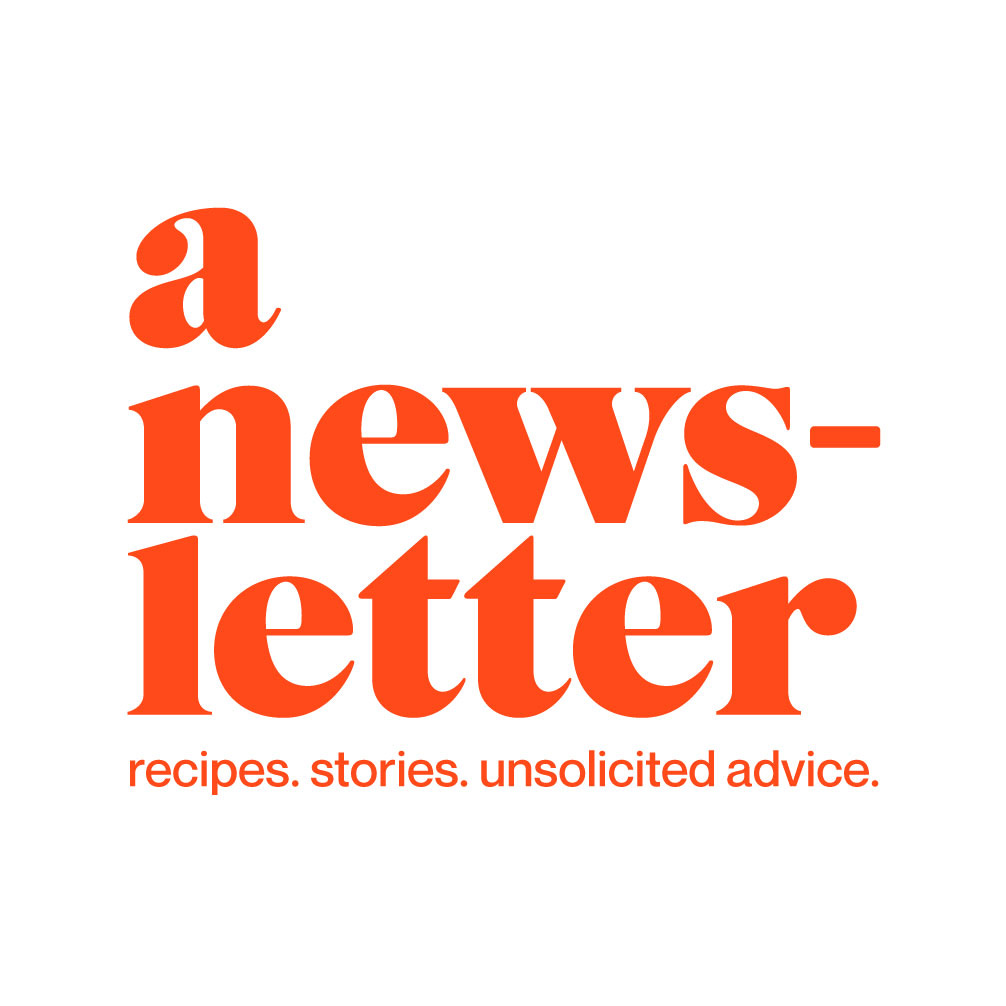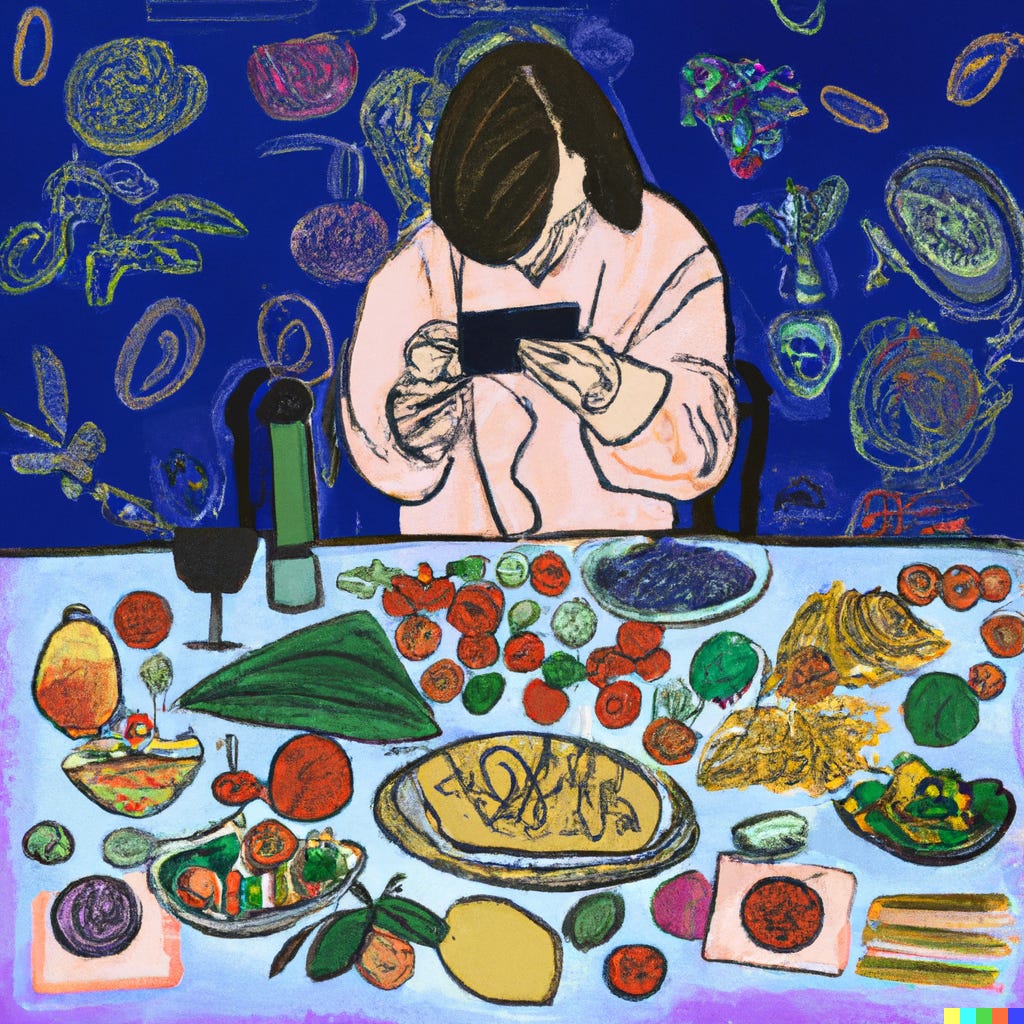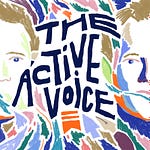The queen of viral recipes is no longer as known for #TheCookies or #TheStew as she is for simply being a food and media personality. She has just published her third book, Sweet Enough (already a bestseller), she has a thriving YouTube channel, her
boasts more than 220,000 subscribers, and she very almost had a CNN show that ultimately hasn’t seen the light of day because of the network’s fickle business strategy.But there’s also that other thing: the cancellation. In a May 2020 interview with a small newsletter, Alison criticized Marie Kondo and Chrissy Teigen’s business empires, which led to critics—and then a Twitter mob—accusing her of anti-Asian racism. Alison apologized and self-criticized, profusely, but she lost her New York Times column and some friends along the way. Three years on, she’s feeling a lot better about her career and position, but it still smarts. “To have the entire world, what feels like the entire world, wanting you dead and telling you what a bad person you are and how horrible you are, and just wild stuff—I wouldn’t wish that upon anybody.”
This conversation is packed with Alison’s insight and wit, and a steady dose of self-reflection. I hope you enjoy it as much as I did.
Quotes from the conversation
On being a pastry chef
It was, to me, such a cerebral experience. And me and my coworkers, we were always reading books and talking about food in this really beautiful, artistic, poetic way.
On working at Bon Appétit
It was extremely validating as like, Oh, I am more than a pastry cook. And I work at a magazine, I work at Condé Nast. And it felt like a real upgrade for me, and I felt so proud of myself and of just kind of pivoting and parlaying my experience in restaurants and love of doing what I did there into something different.
On writing for the New York Times
I tried to make them as personal as possible, but even still, you’re in the service-journalism category. And the goal of those 500 to 700 words is to convince a reader to cook this thing.
On perceived success
No one can define that for you, what “success” means or what is enough. And I’m not saying it’s enough now, but I’m saying that I’ve realized there’s too much out of your control for you to get wrapped up in what you think of as important, as visual success. And at my most popular, I was making the least money.
On being more financially comfortable
I think if you ever have that as an experience in your life, that never really quite goes away. You’re sort of always still, How much money do I have? Is it enough? Honestly, the biggest change was that I started saving money.
On the reality of influencing
People are like, Oh, we’d love to have you for this thing, but we don’t have a budget. And you’re like, Okay. And you sort of just say yes to everything and it’s like, Wow, you are everywhere. And you’re like, Yeah, but I didn’t make a dime from any of this.
On sharing across multiple platforms
I think it doesn’t matter how much you love something. If you do it enough or if it takes enough hours, you’re going to be fatigued by it in some form or another. But because that’s been my whole life, I feel like I’ve always been tired, but I’ve never regretted being tired or feeling tired.
On being an internet writer
I’m 37. I think if you look at the trajectory of the internet, I missed the bloghouse era—I was too young—and I sort of missed the TikTok era. And I’m weirdly in between, where I’ve worked at old journalism but also have the benefit of being quasi-early to new journalism. So I’m not wildly popular in either, but I’m comfortable.
On Instagram and comparison
Looking at things that are perfectly styled, like bodies, apartments, vacations, relationships—everything is just like: this is our life. And you’re like, Is that really your life? Is there something wrong with me?
On influencing
With each new advent of something like social media, people are trying to pivot to be like, Okay, there’s eyeballs here, there’s eyeballs here, there’s eyeballs there. And it’s like everywhere there’s eyeballs, there’s potential sales, and how do we captivate that person? And so for me, the best and easiest way to do that just started by looking at all the people cooking from my book, because that to me was the best endorsement.
On starting to write
It wasn’t good at all. It was objectively bad. I hadn’t found my voice. I was trying to write like someone else. I didn’t even know what my voice was, but I knew I liked it. I liked the exercise, I liked the feeling.
On writing and cooking
Writing is something that makes me feel really good. It fills me up. It makes me feel like I am doing the thing that I was put here to do. [...] That would be the greatest gift at the end of my career, when I’m dead and gone, for people to remember me for both things.
On making it
I think that my desire to be different or to create different things and to not be complacent is sort of a key for anybody that wants longevity.
On permanence
My goal is to always make something that feels timeless, it feels classic, it feels like it could be born at any time. And that is the biggest compliment is when people buy Dining In today and they’re like, Oh my God, I love it. I’ve been cooking through it. It’s amazing.
On writing cookbooks
No one does a book for money. Not the writer, not the editor, not the photographer, not anyone. It’s just, it’s not that lucrative to do these big things. I think it’s different when you can amass enough whatever to turn out novels in a meaningful way where it’s just like you and your editor, but a cookbook requires so many other moving parts because of the style of book that it is.
On writing
I really love writing and I also hate writing. I think most writers feel that way. You’re like, writing’s hard and I hate it. And you’re like, but I would die if I didn’t do it.
On procrastination
It just feels to me there’s no greater sense of accomplishment at the end of the day or whenever it is that you write. But if you had asked me when I was in the middle of writing this, I’d be like, I hate this part because it’s so hard. It’s like, you sit there, you look at your computer, you get up, you make a pot of beans, you come back to your computer, you get up, you look for furniture online, you get back to your Google Doc, you call someone, you have a Zoom meeting, you get back to the Google Doc, you put a chicken in the oven. I’ll think of a million things to do that aren’t writing.
On speaking publicly
Personally I’m not scared, because I don’t have anything to be scared of. Again, I think it’s being afraid of somebody finding something out about you, but I don’t have anything to hide. [...] You adjust based on your scale. And I don’t think there’s anything necessarily wrong with that as long as you feel like you’re being true to yourself.
On being canceled during the pandemic
It was awful. It was terrible. It was the worst thing that ever happened to me, for sure. It was really bad. There’s no way to sugarcoat that.
On looking back
Once you’ve been associated with something, especially something pejorative or negative, it’s very tough to shake that. And there were plenty of people that were like, I love you. I’ll always love you. I still love you. And it was great. Some people were like, I used to love you, now I hate you.
On the backlash
And same thing where I’m like, I’m just a person. So when you say something about me, you don’t know me. You have no idea; you have never met me. But to make up your mind based on a tiny sound bite is really wild.
On resilience
If you have difficulty in your life, or if you have uncomfortable conversations and relationships and things aren’t easy, it sort of instills this very intense resilience in you. And I, for better or for worse, am very resilient.
Show notes
Subscribe to A Newsletter on Substack
Find Alison on Instagram, YouTube, and her personal website
Alison’s books: Dining In, Nothing Fancy, and, published this week, Sweet Enough
[02:39] Using Instagram as a tool
[06:32] A writer rather than a creator
[09:23] Trying journalism
[11:08] Starting the newsletter
[17:14] Alison’s fraught relationship with social media
[20:54] Reaching “visual success”
[28:00] Becoming a pastry chef
[31:03] Writing tips from Bon Appétit
[37:01] Striving for longevity
[40:16] Sweet Enough
[43:25] The exorcism of writing
[46:48] On speaking out
[49:49] Being canceled in 2020
[54:49] On resilience
[1:03:31] Future Alison
The Active Voice is a podcast hosted by Hamish McKenzie, featuring weekly conversations with writers about how the internet is affecting the way they live and write. It is produced by Hanne Winarsky, with audio engineering by Seven Morris, content production by Hannah Ray, and production support from Bailey Richardson. All artwork is by Joro Chen, and music is by Phelps & Munro.





















Share this post